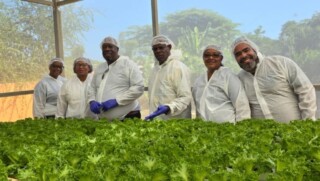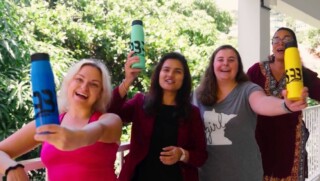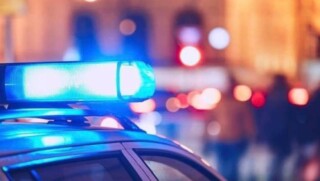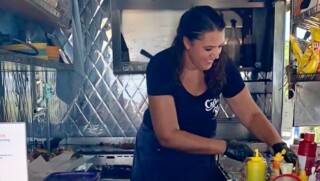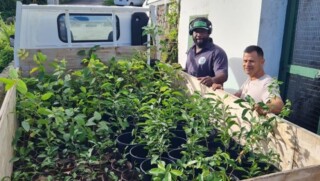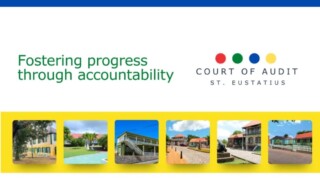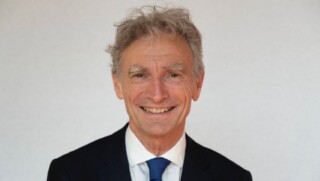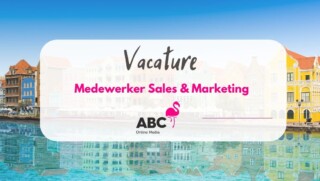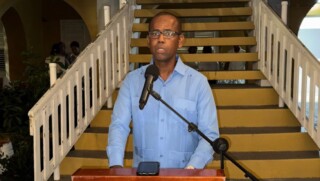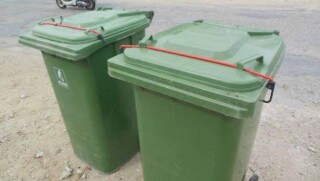Blood on the streets of Bonaire, deafening silence and inaction by our leadership
The Value of Life On Bonaire
There is blood on the streets of Bonaire. Two bicycle deaths have happened in 10 days, on a small island with a population of less than 25k.
Stepping out of our homes onto the streets of Bonaire should not be a death sentence. For too many residents, it has been. The reason is not an ‘act of god.’ It is of course the fault of reckless drivers. But ultimately it is a failure of public policy.
The security of citizens is the first task of government. But Bonaire is failing at this. As a ‘Public entity’ of the Kingdom of the Netherlands, the accountability for failure is wide-spread. The failure starts with our
leadership on Bonaire, but ultimately also touches the appropriate authorities at the national level and their representation on Bonaire. Neither has offered an effective transit and transport strategy for the island. And this is now a matter of the safety and security of Bonaire’s residents.
In the face of inaction, the question to ask: How valuable is a life on Bonaire? Would bicycle deaths — two in ten days — not cause outrage elsewhere in the Kingdom? Would there not be a community wide demand for change? Would politicians, policymakers and bureaucrats not be falling over themselves offering solutions? Why is that not happening here? Why is their deafening silence? Is a life on Bonaire less valuable than one in the rest of the Netherlands?
The Dead Among Us
M.G. was in his wheelchair on his way home on Bonaire after church service, when he was struck and killed by a car. It hit him with such force that his belongings were strewn over 300 feet. M.G. was much loved on the island and known for his big heart and was called ‘Mr. Fix-It’. People noted that if sidewalks existed and had been handicap accessible and in good repair, his death may not have happened. But nothing changed.
T.S. was in her small car in the north end of Kralendijk when in the early morning a driver hit her with such speed that her car was spun around, and slammed into the sidewalk, and she died soon thereafter. She was soft-spoken and intelligent person, and known for being kind at heart, and a devoted mom and wife. People noted that if drivers were careful, if speeding rules were enforced, her death may not have happened. But nothing changed.
P. B. was on his bicycle early on Christmas Day, doing what he loved, meeting friends for a morning Sunday ride. He was struck by a hit-and-run driver on Kaya Korona with such force that his shoe was thrown across the road and the back wheel of his bicycle was mangled. He was killed on the spot, and the driver didn’t even have the compassion to stop for his victim. P. B. had a heart of gold, loved Bonaire, and had devoted himself to popularizing bicycling on the island. He even popularized the phrase: “Dare to Bike.”
In response to P.B.’s death, some people even noted that bicyclists should not be on certain roads of Bonaire and our island is not designed for bicycling. This warning to avoid bicycling was offered, ironically, on an island that is part of the Kingdom of the Netherlands — one of the leading bicycling countries of the world, where children can independently go to school, to hockey games and ballet lessons, without their parents worrying if they will make it back home!
Why is this freedom of safe travel and options for alternative transit not available to residents of Bonaire? Are we that unequal than the rest of the citizens of the Netherlands?
The Pain We Feel
I knew M.G., T.S., and P.B. personally. Each time these deaths happened, I saw painful mourning of the loss of a loved one, but also sighs of resignation. Many talked about the need of better sidewalks, better roads, dedicated bike paths, and an enforcement of speeding rules. But nothing changed.
It was the usual stuff. There were tears, and symbolic gestures to express our collective empathy. But then there was hand-wringing on what we should do and plenty of excuses on why things remain the same.
The deaths were eulogized. The days went into weeks. The weeks into years. And ultimately not enough changed. Certainly not fast enough to prevent additional deaths.
The Root of Failure
On Bonaire it is often the case that handicapped persons can’t ride their wheelchairs outside; parents can’t take their children on strollers without going onto the road; old people can’t walk safely without risking injury; bicyclists are at risk of injury since there are few bike paths or bike lanes; scooters aren’t safe to ride for the same reason that bicycles are not; and, of course, there is no public transit.
The only way to get around on Bonaire are cars and trucks. The dependence upon, and promotion of, these two gas and fuel guzzling options is ironic given our focus on nature, sustainability and the environment. In addition, the size of these vehicles is becoming heavier as their number is increasing. Worst, we have offered fuel subsidies as a way to counter the adverse effects of rising fuel prices, instead of focusing on the root problem of having no public transport and no safe alternative ways of transit.
In the meantime, Bonaire grows irresponsibly. OVERdevelopment, OVERpopulation and OVERtourism continue, with little thought give to the strategic direction of the island.
When Will Action Be Taken?
M.G., T.S., P.B. have paid a price for our collective negligence with their lives. How much blood do we need on our roads before someone will act to change the status quo? At which point will we hold our policymakers accountable for a failed transport and transit strategy? When do we get sidewalks for wheelchair riders, baby strollers, and pedestrians? When will it be safe to bicycle in Bonaire? When will we have a public transport alternatives to just cars and trucks?
Remember: We get the leadership we deserve. And we get the crimes we permit.
When will The Hague step in, if Kralendijk is failing us? When can we step out of our homes onto the streets of Bonaire and not see it as a potential death sentence? When will safety on Bonaire be equal to other municipalities in the Kingdom of the Netherlands?
When will the value of life on Bonaire be the same as the rest of the Kingdom of the Netherlands?
—————————-
Adnan Hassan is founder of the Bonaire Future Forum, an initiative of the BIG Ideas Foundation. He advocates for safe bicycling on Bonaire and for responsible growth on Bonaire. Mr. Hassan formerly served on the Boards of Directors of the World Bank Group in Washington, D.C. and currently serves on the Advisory Board of the Amsterdam Institute of Finance in The Netherlands. He is a resident of Bonaire, and married into some of the oldest families on the island.



